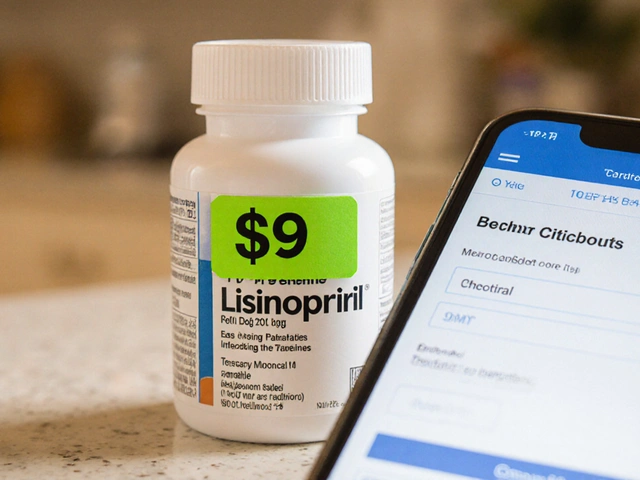Home Remedies: Simple, Natural Ways to Ease Everyday Ailments
When it comes to home remedies, simple, do‑it‑yourself methods that use everyday ingredients to soothe common symptoms, also known as DIY health fixes, they cover a wide range of approaches. A major branch is natural remedies, treatments sourced from plants, minerals, or foods that work with the body’s own processes. Closely related, herbal medicine, uses specific herbs in teas, tinctures, or topical blends to target inflammation, digestion, or sleep offers a focused way to address particular issues. Another popular tool is essential oils, concentrated plant extracts applied aromatically or topically for relief of headaches, stress, or minor skin irritation. Together these entities form a network where home remedies encompasses natural remedies, herbal medicine, and essential oils, while each sub‑category requires safe ingredient sourcing and proper usage.
Why Home Remedies Still Matter
People often turn to these methods when they want a gentle alternative to prescription drugs, like when managing itchy skin or seasonal allergy flare‑ups. For example, spotting the trigger behind itchy skin and using a soothing oatmeal bath or a chamomile compress mirrors the advice in our "Itchy Skin & Allergies" guide, showing how natural remedies can complement medical treatment. Likewise, the "Essential Oils for Menopause Relief" article demonstrates that aromatherapy blends of lavender and clary sage can ease hot flashes without adding hormone pills to the mix. Even chiropractic care, as discussed in "How Chiropractic Care Can Ease Seasonal Allergy Symptoms," works hand‑in‑hand with home‑based strategies—adjustments improve posture, which helps nasal passages stay clear, while a simple saline rinse finishes the job. These examples illustrate the semantic triple: natural remedies influence symptom relief; herbal medicine enhances essential oil effectiveness; DIY treatments require proper technique to be safe.
Our collection below pulls together practical tips, safety checklists, and step‑by‑step guides that bridge the gap between home‑based care and conventional medicine. Whether you’re looking for a quick way to calm an allergy attack, a safe recipe for a calming nighttime tea, or evidence‑backed comparisons of over‑the‑counter options versus DIY fixes, you’ll find concise, actionable information that respects your time and health goals. Dive in to discover how everyday ingredients, simple tools, and a bit of know‑how can become your most reliable allies in everyday wellness.

Top Natural Alternatives to Aspirin for Effective Pain Relief
Explore safe, natural alternatives to aspirin for pain relief, covering herbs, supplements, topical options, dosing tips, and when to seek medical help.
Read More




